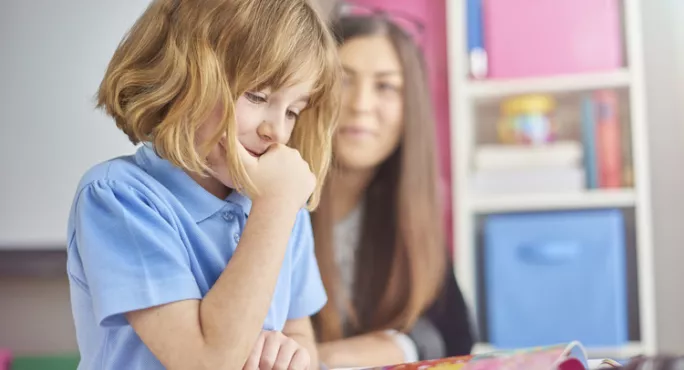Young people with learning difficulties and their families have helped to identify key areas of research that could improve their lives.
Ten research priorities - which include devising approaches to tackle bullying and creating the best learning environments - will be used to inform new research initiatives at the University of Edinburgh and worldwide.
More than 700 responses were received from across Scotland during the consultation, which was promoted by charities, professional organisations and on social media.
The project was led by the Salvesen Mindroom Centre (SMC) and the University of Edinburgh with the James Lind Alliance, a non-profit organisation that helps set research priorities.
Supporting children with learning difficulties
Project leader Professor Anne O’Hare, director of the SMC Research Centre for Learning Difficulties at the University of Edinburgh, said: “It is vital that people with learning difficulties are given a voice and are involved in research design from the outset.
“We are delighted to now have clear priorities for our research going forward and are hopeful that the project will lead to improvements in diagnosis and support.”
Sam McGovern, a 20-year-old ambassador for Dyslexia Scotland who helped to choose the top 10 priorities, said: “It is so good that young people have had as much of a voice in setting the top 10 as parents and professionals. Kids, as much as adults, know what is important when you have a learning difficulty.”
The 10 research priorities for learning difficulties are:
- What knowledge, skills and training do educational professionals need to identify the early signs of learning difficulties and provide optimal support for children and young people affected to help them achieve the best possible outcomes?
- What is the best educational and community environment for children and young people with learning difficulties?
- How can multiple types of professionals work together with parents and carers to improve identification, diagnosis, interventions and treatments and achieve the best outcomes for children and young people with learning difficulties?
- Which early interventions are effective for children and young people with learning difficulties? At what ages and stages are they best introduced and what are the long-term outcomes?
- What knowledge, skills and training do health, social work and “third sector” (e.g., charities and support services) professionals need to understand the best support to give children and young people with learning difficulties and their families/carers?
- How can parents, carers, brothers and sisters and extended families of children and young people with learning difficulties be best supported to achieve their best quality of life before, during and after the diagnosis or identification in home, school and community contexts?
- How can we best identify early features, symptoms and signs of learning difficulties amongst children, young people and their families/carers?
- What is the best way to assess learning difficulties in children and young people?
- Which strategies are effective in preventing stigma and bullying towards children and young people with learning difficulties?
- Which strategies are effective in helping children and young people with learning difficulties to live independent lives, including during times of transitions?




